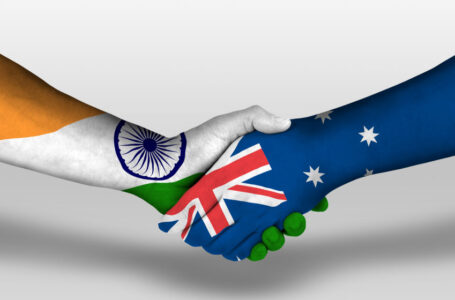Why Australians need to reassess their relationship with alcohol

What is that one “thing” that people often use to signify the celebration during any formal or informal event?
We cannot conclude any party without this “thing.” Alcohol is synonymous with celebrating joyous times, be it a birthday party, hanging out with friends, or sitting at home and destressing. Weekend night outs with friends for beer has been consistent for many people, particularly men aged 20 and above. But very few notice how the occasional drinks with buddies soon become regular. Consequently, this starts to impact their physical and mental health to such an extent that it interferes with their daily life activities.
More importantly, the habit of drinking is embedded in the cultures of several countries around the world. For instance, in a report published by Roy Morgan, an estimated 13.2 million Australians – 66.4 per cent of the adult population- drink alcohol in one form or the other in an average of four weeks-period. Moreover, if we were to talk about gender-specific drinks choices, 47.4 per cent of women prefer to drink wine, whereas 54.3 per cent of men like to drink beer in Australia.
So, is Australia the drunkest country in the world?
As per the recent report and the Global drug survey published in 2021, Australia is one of the leading countries wherein people spend most of their time intoxicated. However, it should be noted that Australia’s overall consumption of alcohol on a per capita basis and the percentage of people abstaining from alcohol keeps changing.
The last two years have seen a spike in alcohol consumption, hence the evident statistics, but the pandemic played a crucial role in this regard. The lockdown imposed by the government forced people to stay indoors for months with restricted outside activities. Hence, most people found alcohol to cope with loss, pain and stress caused due to the world health crisis.
What is the issue with drinking alcohol?
While drinking occasionally is not a problem at all, making it customary for everyone to drink even when they don’t desire to is a “problem.”
Australia’s “alcohol culture” is mainly responsible for influencing young adults and young men to drink beyond the standard four drinks in one sitting. More often than not, this happens due to the cultural norm that propels them to see drinking till intoxication as a rite of passage to adulthood. What acts as “adding salt to the injury” is public figures and celebrities are often glorified for drinking and widespread availability and accessibility of cheap alcoholic products.
Despite the social and peer pressure, if young men and women opt not to drink, their abstinence behaviour is seen as “unAustralian”. This indicates the deep-rooted cultural ties that alcohol has within the community of the country. But what most people fail to see is the negative attributes caused due to intoxication in the form of street and family violence, sexual assault, vehicle crashes, drunken driving causing accidents.
Similarly, the discussions around mental health well-being have been going on for quite some time now, but the conversations proceed with a drink in hand on several occasions. However, it is a fact that alcohol is a significant contributor to many mental health challenges. For example, in an interview, former NRL player and professional boxer Joe Williams said alcohol has often been problematic for him. Furthermore, he had witnessed the destruction caused by alcohol across the community for a long time.
Researchers examined 22 different drugs and measured the risks and dangers they posed against individuals and society. In the study, researchers found that alcohol was the most harmful drug compared with other hardcore drugs like crystal methamphetamine (ice) and heroin.
Many people justify overdrinking as a coping mechanism and as a way to escape, but it is imperative to address the reason for substance challenges rather than giving a justification.
Therefore, it is high time Australians reassess their relationship with alcohol; in moderation, it might be an elixir for celebrating life, but overdependence on it is deathly and hazardous.





